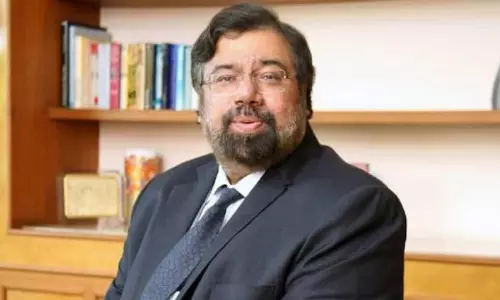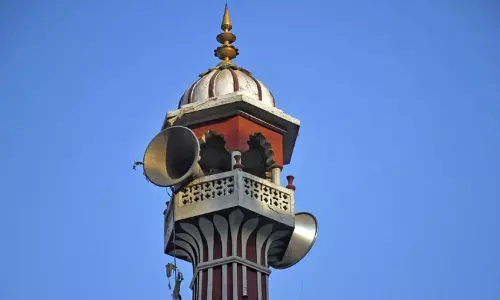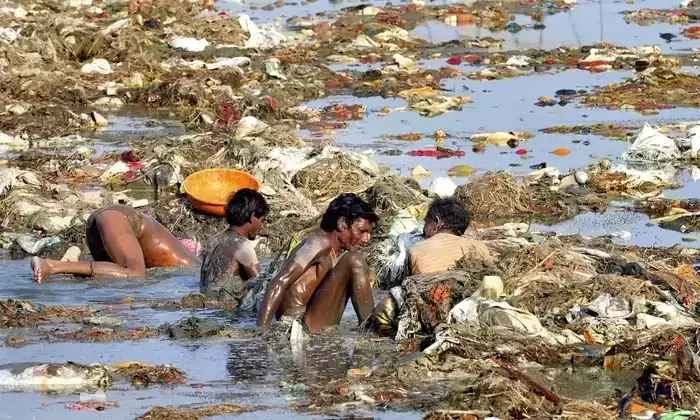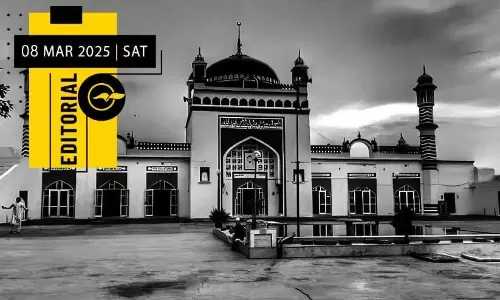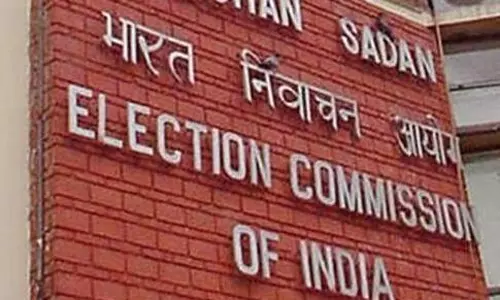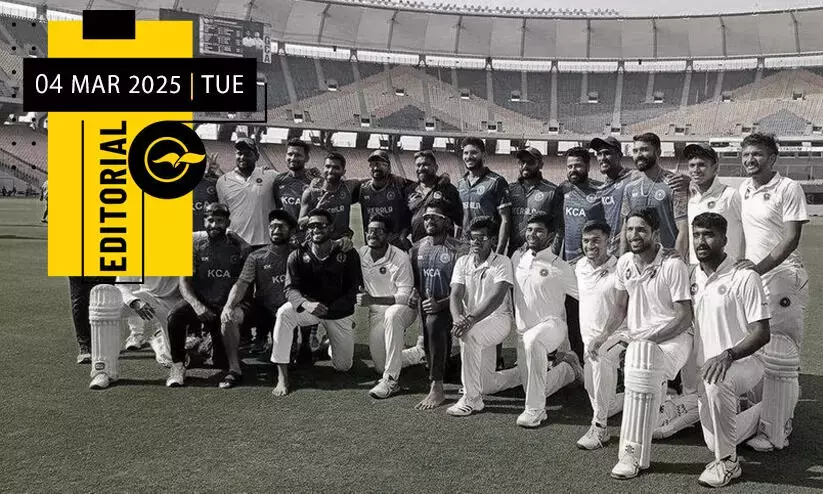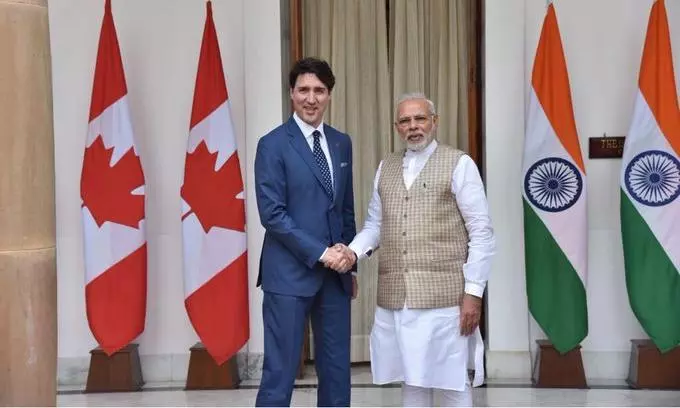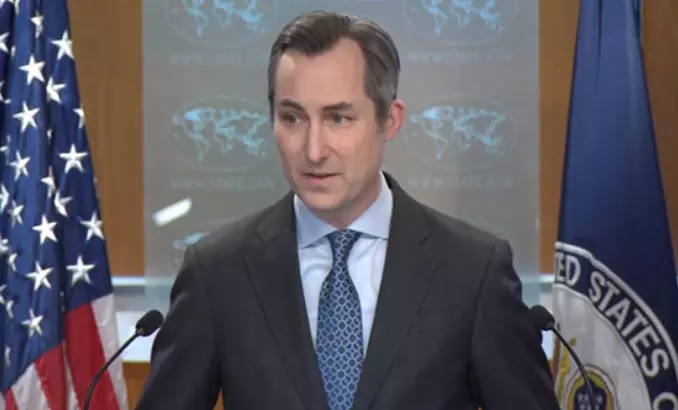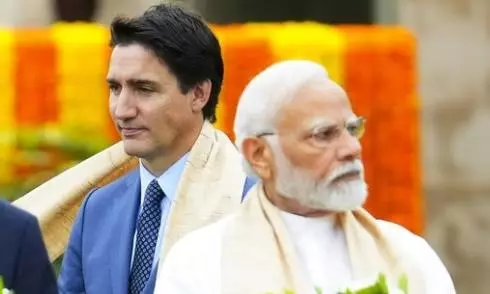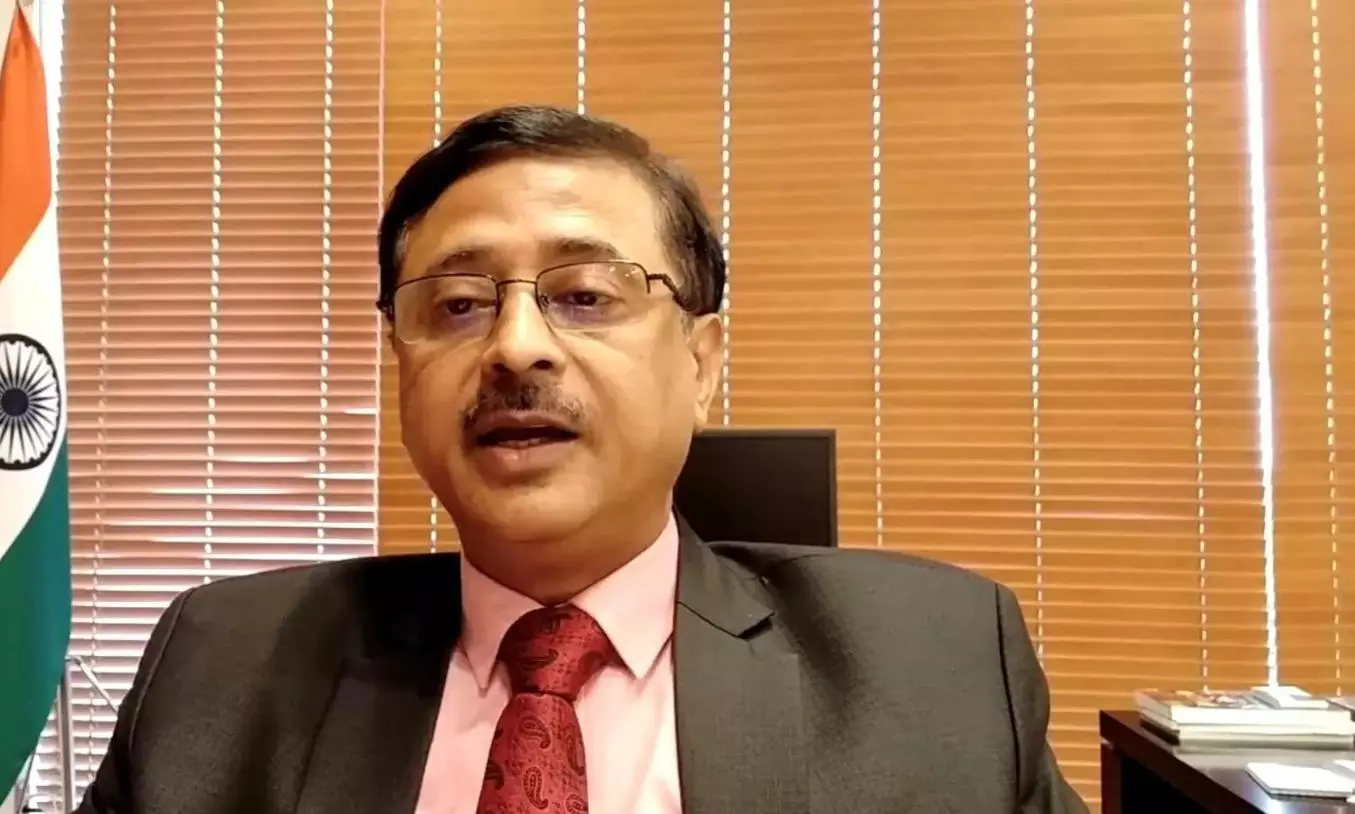
Canada as India’s ‘Naya Pakistan’? Unpacking the diplomatic fallout and what’s next
text_fieldsCanadian prime Minister Justin Trudeau and Indian prime minister Narendra Modi (file photo)
The diplomatic rift between Canada and India, two countries once driven by shared economic and strategic interests, has reached unprecedented tension. In an alarming escalation, Canada expelled six Indian diplomats, accusing Indian agents of violent criminal activity in Canada, including involvement in the killing of Sikh separatist leader Hardeep Singh Nijjar last year. “This was a situation in which we had clear and certainly now even clearer indications that India had violated Canada’s sovereignty, and the response was to double down and attack Canada further,” Mr. Trudeau said.
India swiftly retaliated, ousting six Canadian diplomats and describing Canada as a “naya Pakistan”—a country viewed by India as harboring anti-India extremists. The implications of this confrontation could reshape foreign relations, economic ties, and national security in both nations.
A new twist: U.S. charges against Indian officials
The situation has now taken dramatic turns, with the U.S. entering the fray. On October 17, 2024, the U.S. Justice Department unsealed charges against Vikash Yadav, an Indian government employee, in connection with a foiled plot to assassinate a Sikh separatist leader, Gurpatwant Singh Pannun, on U.S. soil. FBI Director Christopher Wray made it clear that the U.S. would not tolerate such actions, stating, “The FBI will not tolerate acts of violence or other efforts to retaliate against those residing in the U.S. for exercising their constitutionally protected rights”.
This development further complicates the diplomatic standoff. As U.S. Attorney General Merrick B. Garland remarked, “The Justice Department will be relentless in holding accountable any person—regardless of their position or proximity to power—who seeks to harm and silence American citizens”. The charges have amplified concerns of a broader pattern of transnational repression by India, where Indian agents allegedly target Sikh separatist leaders globally, adding new layers of complexity to the Canada-India tensions.
The roots of the dispute
The discord between Canada and India stems from decades of Indian concerns over Canadian tolerance of the Khalistan movement, which advocates for an independent Sikh homeland. Canada, home to around 800,000 Sikhs, has found itself in a difficult position, balancing the interests of its sizable Sikh diaspora while trying to maintain strategic ties with India. Prime Minister Justin Trudeau’s government became more vocal on the issue, with Trudeau asserting that the Indian government had made “a horrific mistake,” Mr. Trudeau said, “in thinking that they could interfere as aggressively as they did.”
This rhetoric has been further fueled by the recent U.S. charges, which support Canada’s allegations that Indian agents were involved in Nijjar’s assassination. India has repeatedly denied these claims, calling them “unsubstantiated” and accusing both Canada and the U.S. of attempting to smear the country for political gain.
In fact, Indian officials have described the Khalistan movement as a terrorist threat to India’s sovereignty, aligning Canada with Pakistan in its tolerance of separatist elements. Indian media and officials have labeled Canada as harboring extremists, echoing similar accusations made in relation to Pakistan’s alleged support for terrorism. This comparison between Canada and Pakistan has only deepened the diplomatic divide.
A broader issue: Canada’s struggles with foreign interference
Canada’s current conflict with India is not an isolated case. As Alex Lo points out, Ottawa has increasingly found itself embroiled in diplomatic crises over foreign interference, with China being the most prominent example. From allegations of secret Chinese police stations in Quebec to interference in Canadian elections, Canada’s national security landscape has grown fraught with external threats. The Canadian Security Intelligence Service (CSIS) has labeled foreign interference, particularly from China, as the “greatest strategic threat” to the country’s national security.
The parallels between Canada’s conflict with China and India are striking. In both cases, Canada has accused foreign governments of interfering with its domestic affairs, harassing diaspora communities, and targeting individuals for exercising their rights to free speech and political advocacy. Indian diplomats are now accused of involvement in gang-related violence, harassment, and extortion targeting Sikh communities in Canada, mirroring the allegations against China of operating clandestine police stations to intimidate its citizens abroad.
Prime Minister Trudeau has been vocal in condemning these actions, stating that “Canada will not tolerate any type of intimidation, harassment or targeting of diaspora communities.” However, Ottawa’s struggle to effectively respond to these complex threats without robust support from allies highlights its diplomatic isolation.
Canada has often relied on its close relationship with the U.S. for diplomatic support in dealing with foreign interference and geopolitical challenges. However, as Alex Lo notes, Washington’s backing has been limited in recent years. “First China, now India!” the article states, noting that Canada has repeatedly relied on U.S. support but has received little in return. “Washington can easily get Canada in serious trouble, but it won’t offer much help”.
Canada’s increasing isolation is evident in both its disputes with China and India. The Meng Wanzhou-Huawei affair led to a serious breakdown in Canada-China relations, with Canada facing severe economic and diplomatic repercussions. Now, with India, the situation appears eerily similar, as Ottawa finds itself embroiled in another diplomatic crisis with a rising global power. Sikhs, who account for more than 2% of Canada’s population and represent a significant voting bloc for Trudeau’s Liberal Party, are central to this conflict.
Economic and diplomatic fallout
The strain in relations between India and Canada threatens to spill over into other areas, particularly trade and education. Canada’s Indo-Pacific strategy, which has increasingly relied on India as a counterbalance to China, now faces serious challenges. The diplomatic fallout has already seen visa services suspended, trade talks halted, and a general cooling of relations. For India, the stakes are just as high, with its efforts to diversify partnerships away from China and into the West now at risk.
The involvement of the U.S. has added new urgency to the situation, but as previous diplomatic crises have shown, Canada may again find itself facing these challenges largely on its own. In both its disputes with China and India, Canada has struggled to secure strong support from its allies, leaving it vulnerable to economic and diplomatic repercussions.
Modi’s nationalist agenda and domestic support
Prime Minister Narendra Modi, in his third term, has embraced a nationalist foreign policy that resonates with his domestic base. His administration’s zero-tolerance stance on what it perceives as external interference, particularly regarding Sikh separatism, has garnered significant domestic support. Modi’s government has portrayed the diplomatic fallout with Canada as part of a broader struggle against foreign meddling in India’s internal affairs, a narrative that aligns with his longstanding hardline approach to Pakistan.
India’s domestic media has largely supported Modi’s stance, framing the conflict with Canada as a matter of national security. However, as international scrutiny grows, India may face increasing pressure to reassess its foreign policy approach, particularly as its reputation on the global stage is called into question.
Navigating the consequences
The diplomatic crisis between Canada and India, compounded by the U.S. charges, could have far-reaching consequences for both nations. For Canada, worsening relations with India may disrupt trade, particularly in sectors like education and technology, where Indian students and professionals play a significant role. Canada also risks alienating its Indian diaspora, many of whom hold complex views on issues like Khalistan. Meanwhile, India’s rapid alignment of Canada with Pakistan in terms of policy treatment indicates that future diplomatic engagement may face delays or conditionality.
For India, this standoff provides an opportunity to assert its foreign policy agenda, but it risks further alienation from its allies if it continues down its current path. As Indo-Canadian relations reach a defining moment, both countries must carefully navigate the fallout. For Canada, this means balancing sovereignty and strategic partnerships. For India, it involves weighing the costs of its hardline approach against the growing international scrutiny.
The world will be watching as Canada and India, two democracies, navigate this critical juncture—one that may signal a new era of geopolitical complexity for both nations and their allies.
(The author is a lawyer and law professor at Southwestern Law School in Los Angeles, an affiliate faculty member at Rutgers University Law School's Center for Security, Race and Rights, and an Associate Professor of Law Emeritus at Valparaiso University. You can follow him @faisalkutty)






